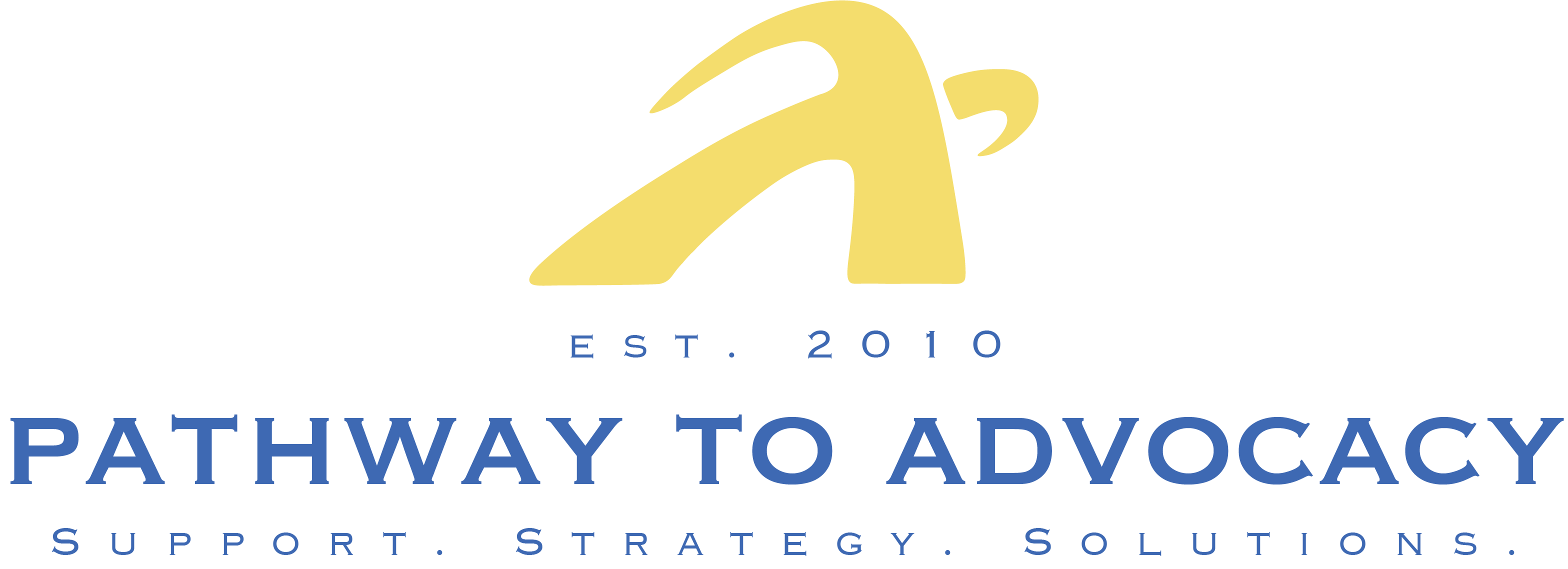When your child is struggling in school, it’s easy to feel powerless—but knowledge is power.
Understanding your legal rights as a parent or guardian is one of the most important parts of becoming an effective advocate. These rights are not optional, negotiable, or dependent on your income, background, or how much the school “likes” you. They are guaranteed by law.
This guide will help you understand the essential legal protections under federal and California special education law—so you can walk into IEP meetings informed, prepared, and ready to speak up for your child’s needs.
The Foundation: What Is Special Education Law?
Special education law is a combination of federal and state laws that protect students with disabilities and their families. These laws require schools to identify, evaluate, and support students who need accommodations, services, or specialized instruction to learn.
In California, state law mirrors and often expands upon federal protections, giving families a strong legal foundation when advocating for their children.
The Big Three: Laws Every Parent Should Know
1. IDEA – Individuals with Disabilities Education Act
The IDEA is the cornerstone of special education law. It guarantees:
-
A Free Appropriate Public Education (FAPE) for eligible students with disabilities
-
The right to an Individualized Education Program (IEP)
-
Education in the Least Restrictive Environment (LRE)
-
Parent participation in decision-making
-
The right to dispute resolution (including mediation and due process hearings)
Students qualify under 13 disability categories, including autism, ADHD, learning disabilities, and emotional disturbance.
IDEA is the law behind your child’s IEP—and it gives you a seat at the table as an equal team member.
2. Section 504 of the Rehabilitation Act of 1973
Section 504 is a civil rights law that protects individuals with disabilities from discrimination in any program receiving federal funding—including public schools.
It guarantees:
-
Equal access to education
-
Reasonable accommodations (like extra time, behavior plans, or health supports)
-
The right to a 504 Plan for students who don’t qualify for an IEP but still need support
Section 504 is especially important for students with ADHD, anxiety, health conditions, or learning challenges that don’t require specialized instruction but still affect daily functioning.
3. ADA – Americans with Disabilities Act
The ADA expands on Section 504 and prohibits discrimination in all public services, including schools, afterschool programs, and extracurricular activities.
This law protects:
-
Equal access to school buildings, buses, and activities
-
The right to participate in non-academic programming (sports, clubs, field trips, etc.)
-
Students in private schools, too, under certain conditions
The ADA is about ensuring full participation, not just academic support.
California State Laws That Support You
California strengthens these federal protections through:
-
The California Education Code, which mirrors IDEA and adds detailed procedures for IEP timelines, assessments, and due process
-
Laws that allow for independent educational evaluations (IEEs) at public expense
-
Stronger rules around assessment timelines (15 days to respond to a request, 60 days to assess)
California also funds due process hearings through the Office of Administrative Hearings (OAH), providing a formal path to resolve disputes if collaboration breaks down.
Your Key Rights as a Parent or Guardian
Whether your child has an IEP or a 504 Plan, you have legal rights, including:
✔️ The right to request an evaluation (at any time)
✔️ The right to participate in meetings and decisions
✔️ The right to receive prior written notice when the school proposes or refuses services
✔️ The right to access your child’s records
✔️ The right to disagree and seek mediation or due process
These are not favors. They are protected by law.
What If the School Isn’t Following the Law?
You have options.
If you believe your child’s rights are being violated, you can:
-
Request a meeting to address concerns
-
File a compliance complaint with the California Department of Education
-
Request mediation to resolve disputes
-
File for a due process hearing through the OAH
-
File a civil rights complaint under Section 504 or the ADA
Tip: Keep all communication in writing and document everything. A clear paper trail can be critical if formal steps are needed.
You Don’t Have to Navigate This Alone
Special education law is powerful—but it’s also complex. As a parent, you don’t have to become a legal expert overnight. You just need support, information, and someone who knows how to navigate the system by your side.
That’s where advocacy comes in.
Need Help Understanding or Exercising Your Rights?
At Pathway to Advocacy, I help parents across California:
-
Understand their rights under IDEA, Section 504, and California law
-
Prepare for IEP meetings and evaluations
-
Resolve disputes without going it alone
If you’re unsure whether your child’s plan is appropriate—or you know something’s wrong but don’t know where to start—I’m here to help.
📩 Contact me for a consultation
🔍 Learn more about how I support families
You are your child’s best advocate. I’ll help you become your most informed one, too.




